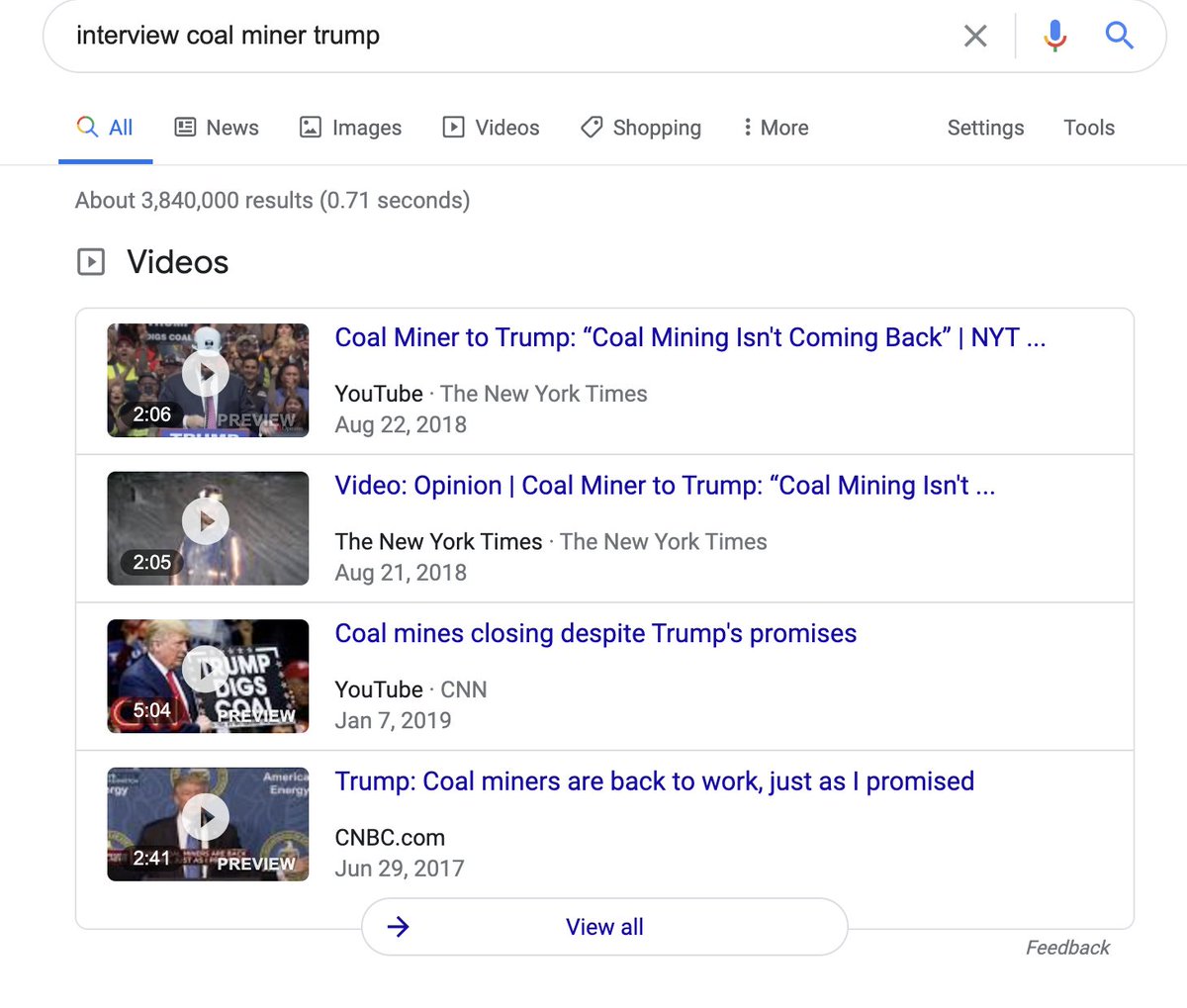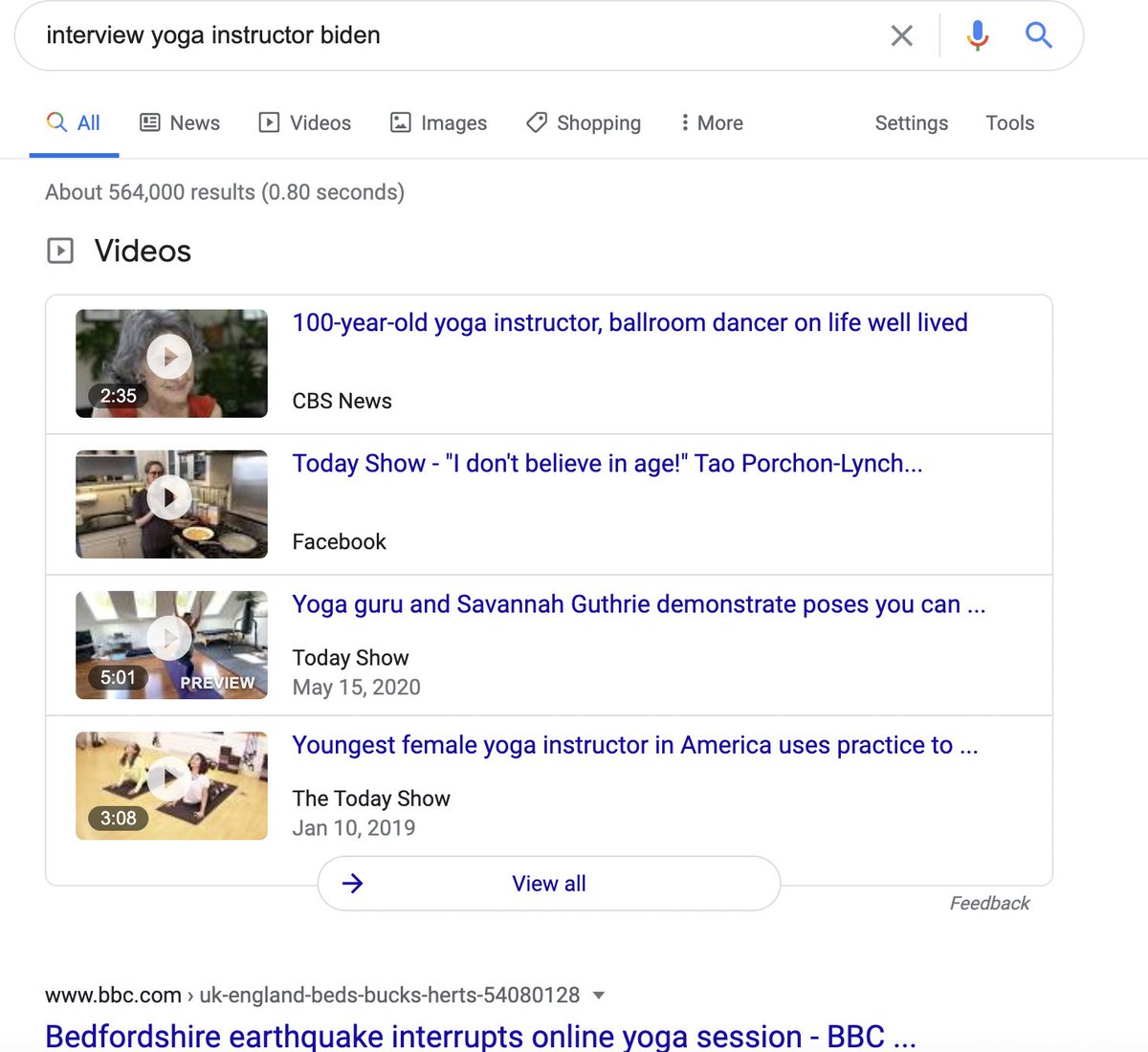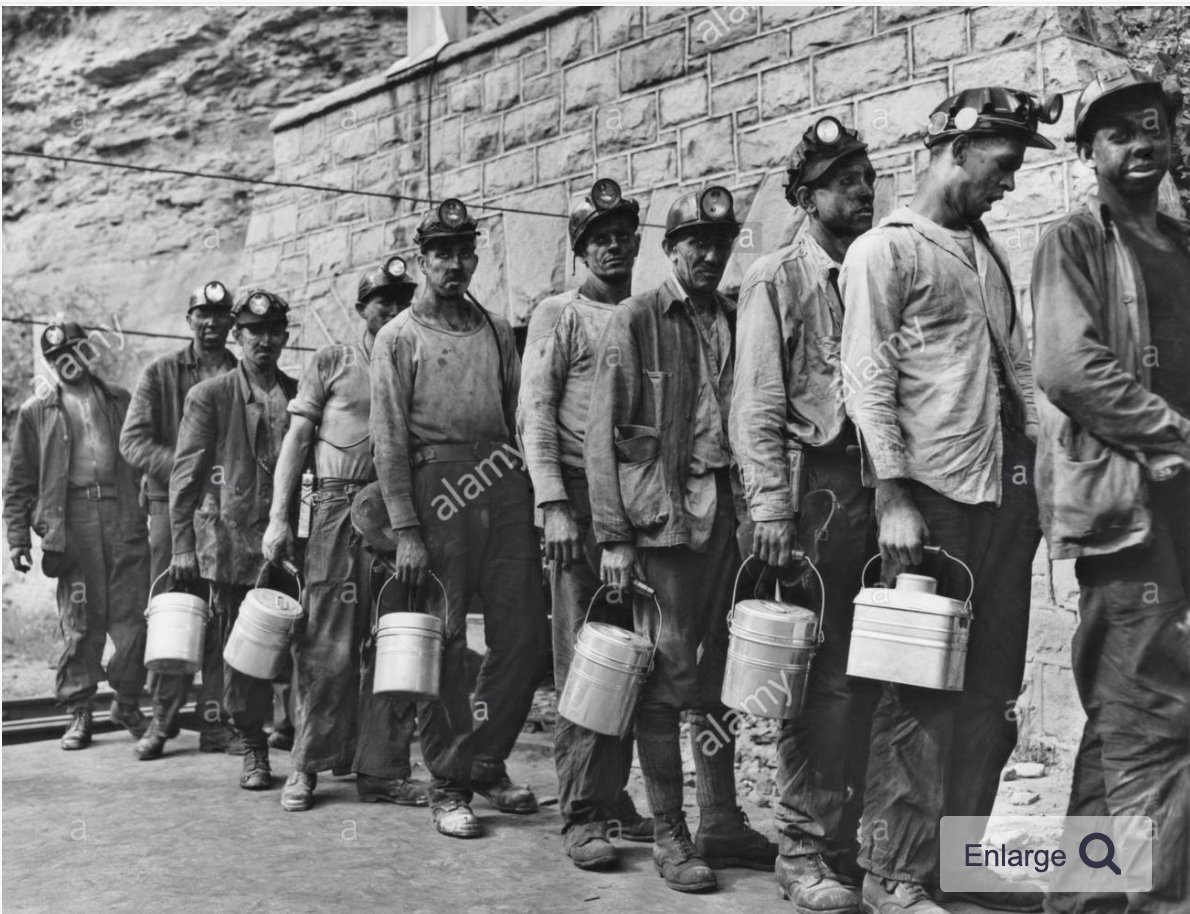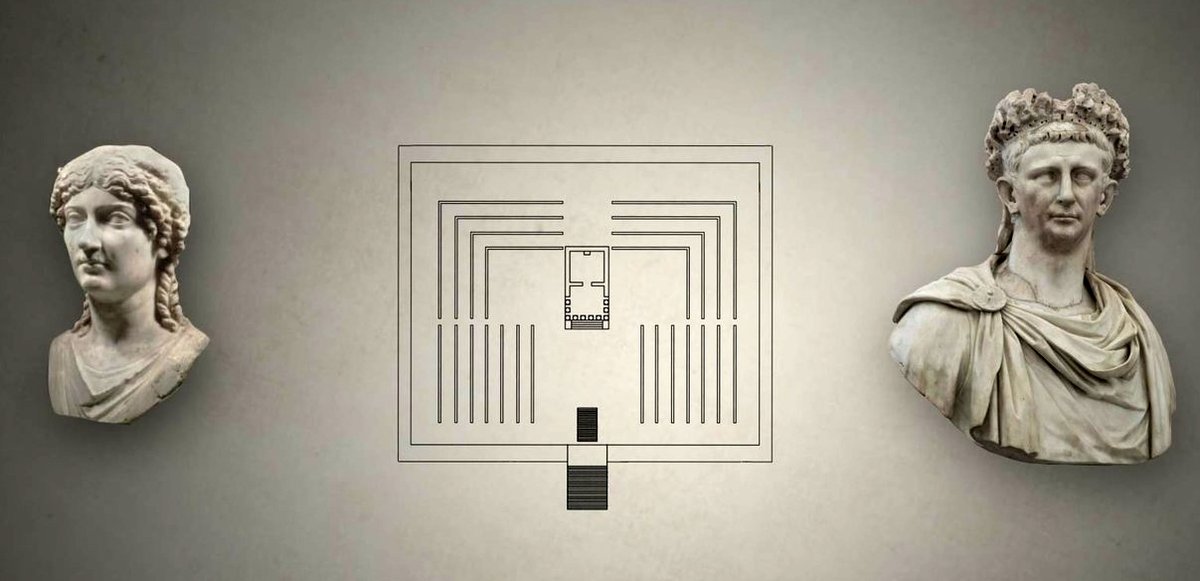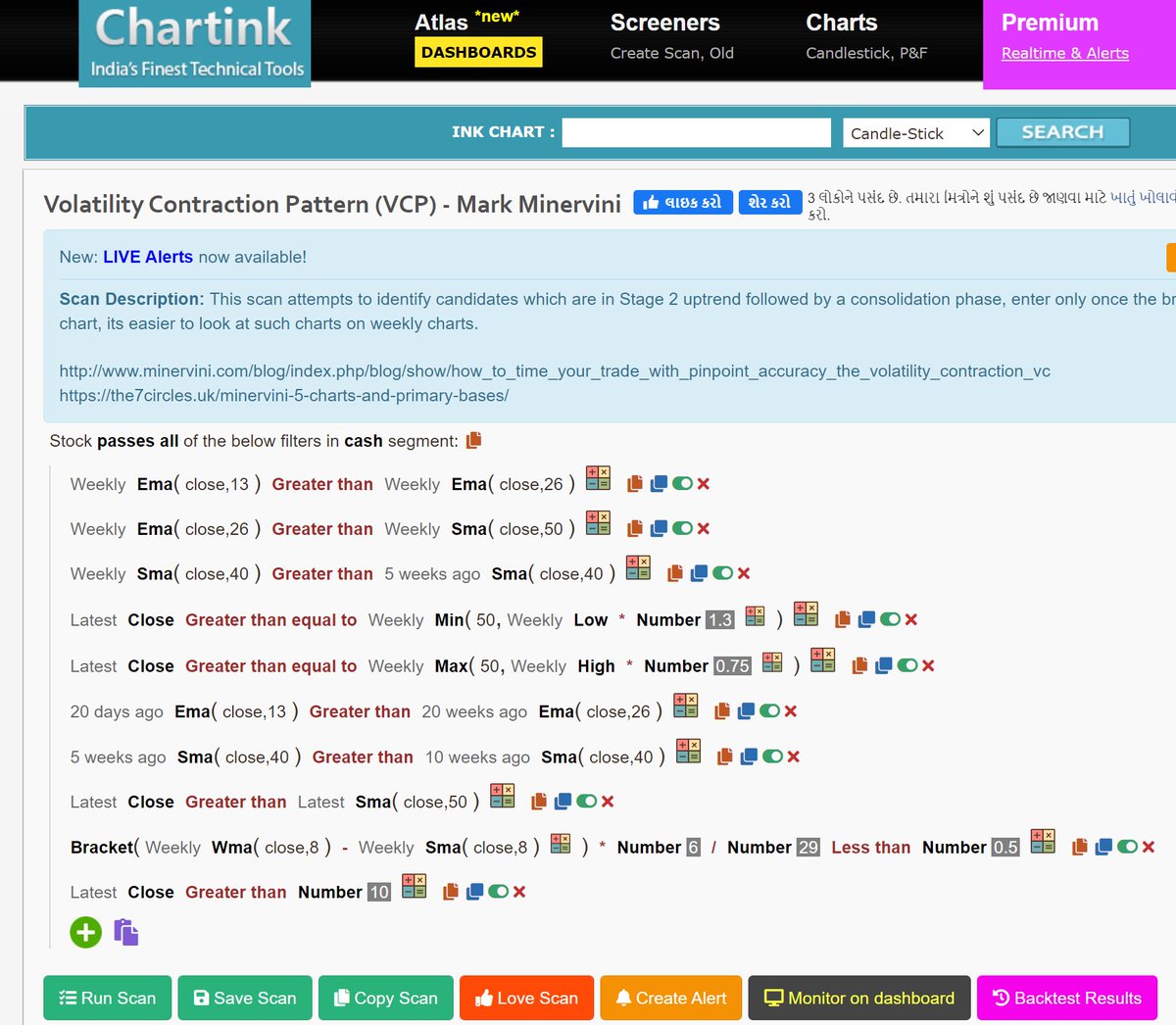Explanation of differences between corvettes, frigates, destroyers and cruisers (as recorded from a Quora discussion):
More from Internet
Well, this should be a depressing read -- notably because the UK and the US are both terrible when it comes to data protection, but the UK appears to be getting a pass. So much for 'adequacy'.
A few initial thoughts on the Draft Decision on UK Adequacy: https://t.co/ncAqc93UFm
The decision goes into great detail about the state of the UK surveillance system, and notably, "bulk acquisition" of data, and I think I get their argument. /1
For one, while the UK allows similar "bulk powers," it differs from the US regime both in terms of proportionality, oversight, and even notice. Some of this came about after the Privacy International case in 2019 (Privacy International) v Investigatory
Powers Tribunal [2019]) /2
Whereas, other bits were already baked in by virtue of the fact that the Human Rights Act is a thing (This concept doesn't exist in the US; rather we hand-wave about the Constitution and Bill of Rights, and then selectively apply it) /3
For example, UK bulk surveillance (I'm keeping this broad, but the draft policy breaksk it down), substantially limits collection to three agencies: MI5, MI6, and GHCQ). By contrast, it's a bit of a free-for-all in the US, where varying policies /4
At least we have a draft of the adequacy decision. I haven't read it yet, mostly because I'm afraid I'll be disappointed that it doesn't address the UK's penchant for surveillance. https://t.co/puJiVET2SJ
— Don Edwards (@DMEdwards) February 20, 2021
A few initial thoughts on the Draft Decision on UK Adequacy: https://t.co/ncAqc93UFm
The decision goes into great detail about the state of the UK surveillance system, and notably, "bulk acquisition" of data, and I think I get their argument. /1
For one, while the UK allows similar "bulk powers," it differs from the US regime both in terms of proportionality, oversight, and even notice. Some of this came about after the Privacy International case in 2019 (Privacy International) v Investigatory
Powers Tribunal [2019]) /2
Whereas, other bits were already baked in by virtue of the fact that the Human Rights Act is a thing (This concept doesn't exist in the US; rather we hand-wave about the Constitution and Bill of Rights, and then selectively apply it) /3
For example, UK bulk surveillance (I'm keeping this broad, but the draft policy breaksk it down), substantially limits collection to three agencies: MI5, MI6, and GHCQ). By contrast, it's a bit of a free-for-all in the US, where varying policies /4


